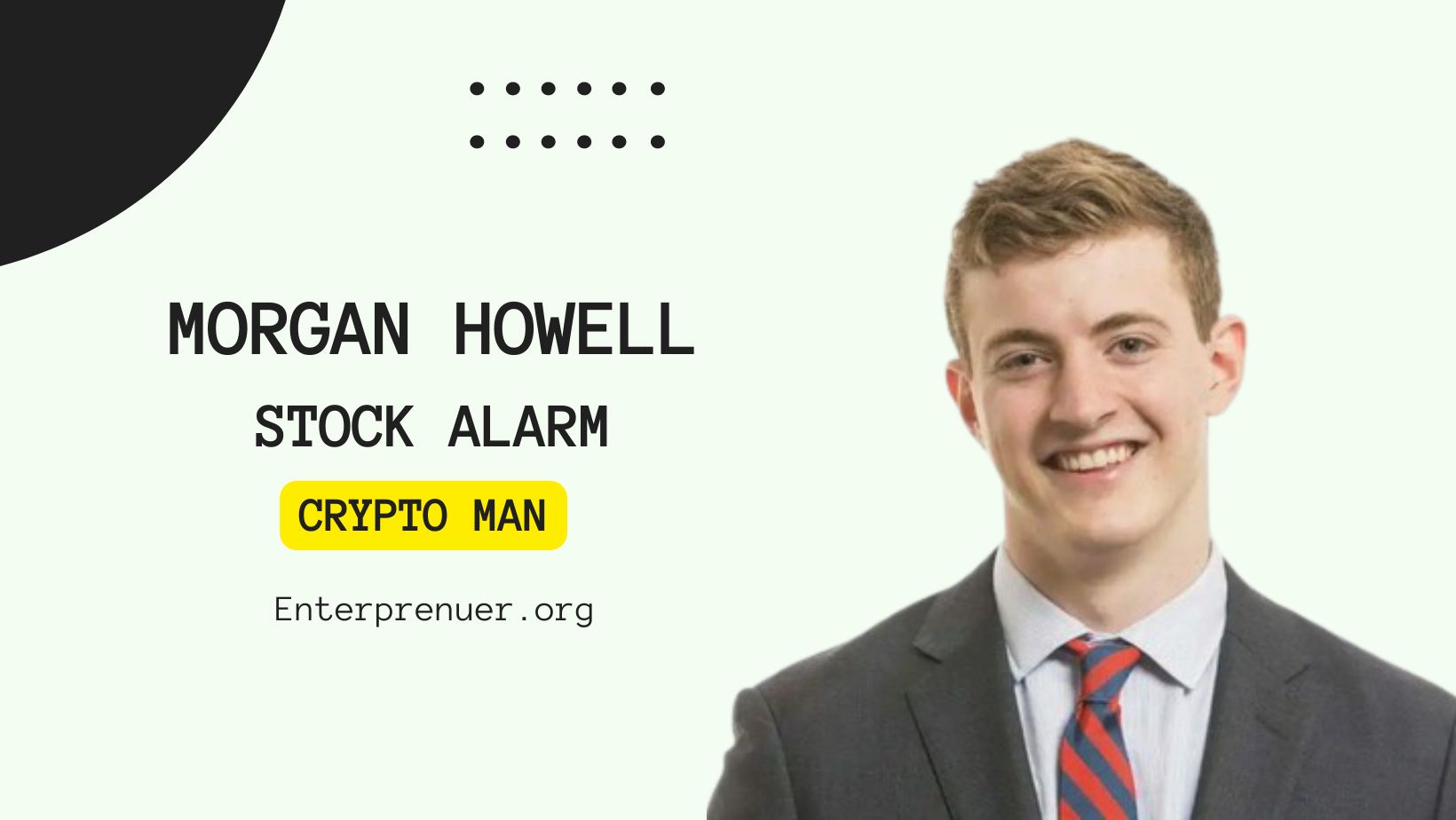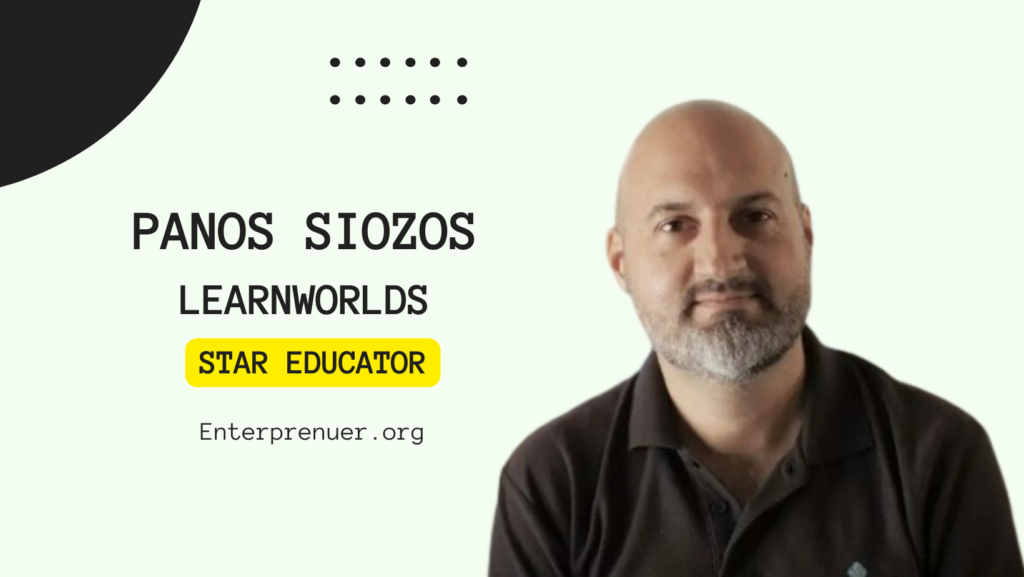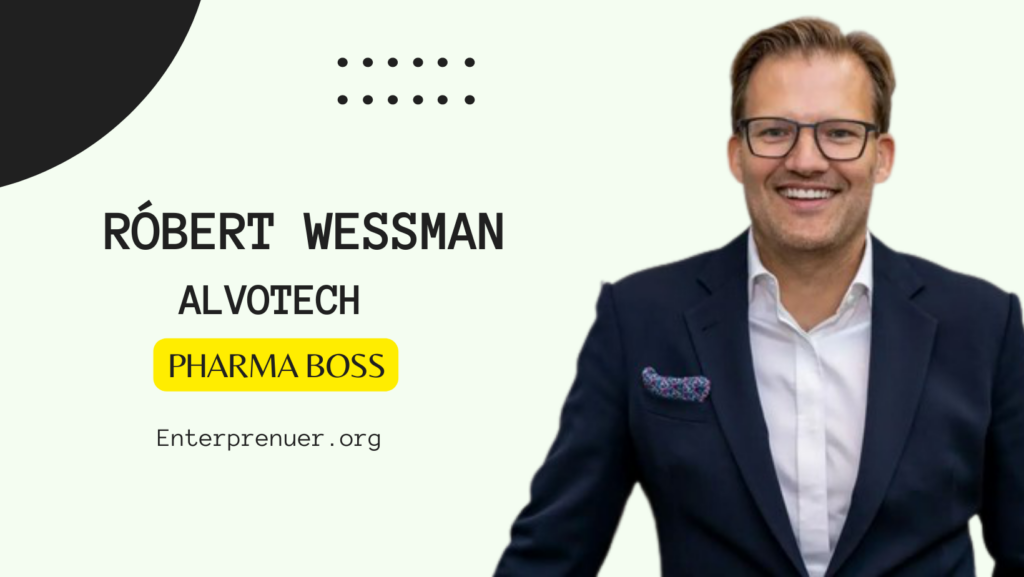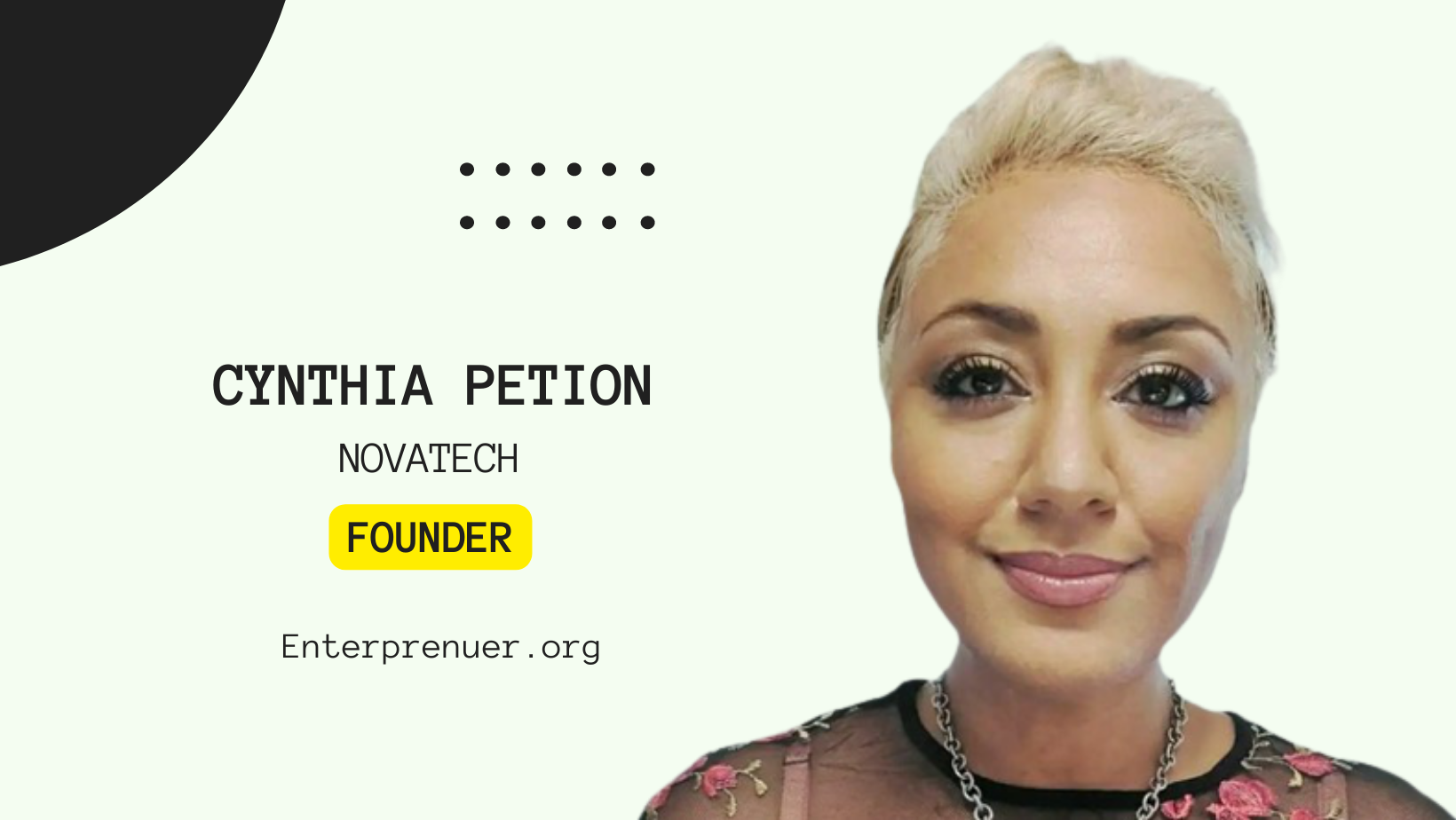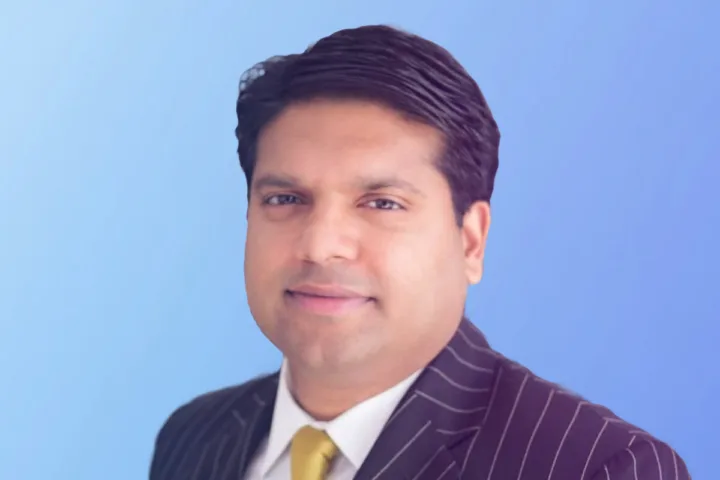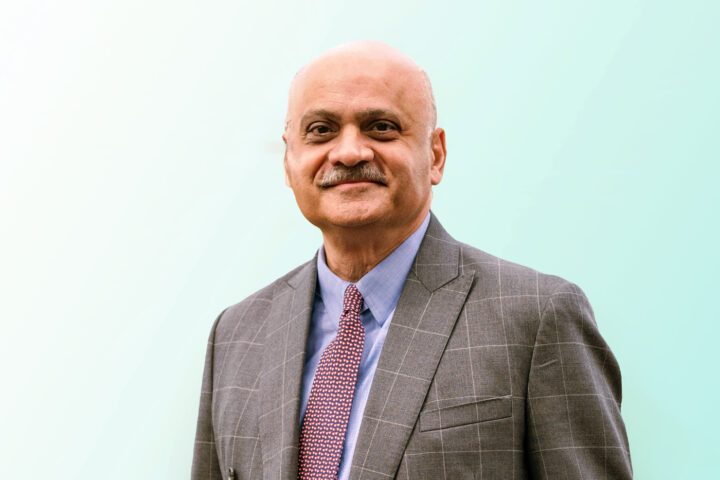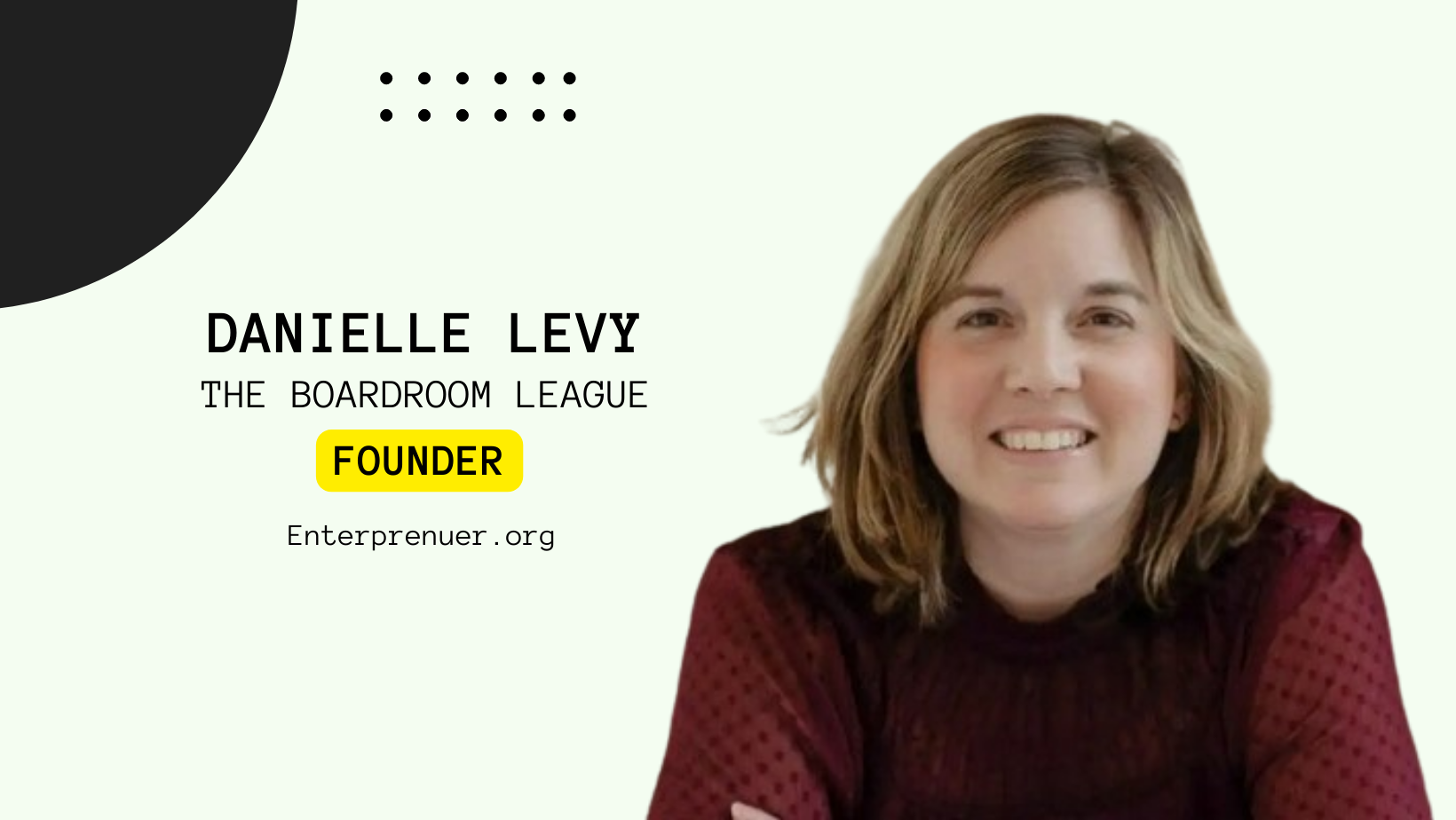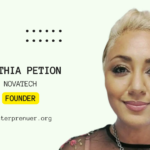After leaving Facebook nearly two years ago as a Senior Software Engineer, Morgan Howell founded and started five diverse businesses.
The Co-Founder of stock alarm, an automated trading tool for crypto and stocks traders, and the Director of Engineering at Learn to Win L2W.
This adaptive micro-learning platform supports training frontline workers.
Morgan has started three family businesses.
Two brick and mortar, verified, which embeds an enterprise search engine to confirm employees.
We don’t know how Morgan manages his time, but he is working hard.
Morgan was a Facebook co-founder and supported payments infrastructure.
He joined Learn to Win to scale the engineering team and solve complex problems by subtilizing the learning process and building security/compliance systems for military deployments to classified cloud environments.
Morgan, a former college student from Cottonville, North Carolina, often claims the title of a reformed redneck’.
He has used his businesses to support his family and employ them since he moved to the Bay Area.
Morgan has been spending the last year and a quarter scaling Learn to Win but plans to start working full-time at Stock Alarm as the CTO in January 2022 as long as his wife, whom he married in January, does not convince Morgan to give up on verified.
He created it to solve a problem for his Vietnamese wife’s business and then made it a SaaS product.
Morgan joined Stock Alarm as Co-Founder, CTO, in January. He hopes to broaden the product offering to offer everyday traders of stock and crypto more power against Wall Street.
What is the story of the Stock Alarm?
Stock Alarm was born because I thought that limit orders and price targets were insufficient.
It was difficult for me to get up at 5 AM to research stock positions and market research as I am a night owl.
I tried sleeping in to avoid missing pre-market opportunities, but it was too late, so I started to set limit orders before bed to ensure that I would wake up feeling better.
How do you stay productive?
As I become CTO at Stock Alarm in January, my daily routine will change.
However, most of my days are occupied with meetings and coding until late.
My morning routine includes taking partner calls, conducting daily standups with my engineering team, and meeting 1:1s with support product personnel.
After that, I typically transition to working on high-priority issues as an individual contributor.
To protect my coding time, I have recently begun scheduling “deep work focus blocks.”
I use a mix of productivity tools such as Jira or Apple Notes to keep track of everything.
How do you bring ideas to life?
The process may change depending on the context and maturity of the product/team.
However, it is essential to be agile and iterative in lean startup culture.
This means that you start small and focus on a specific use case.
You must also defend feature creep at all costs and make systems flexible enough for expansion beyond the initial use cases.
My success in distilling ideas to a set of “people problems” or actual customer pain points has helped me find a product-market that fits my needs.
The power of data is not to be underestimated even within MVPs.
I have found it essential to have high confidence in the MVP’s utility (i.e., Real solutions to the problem.
It means that you must always adopt a hypothesis-driven approach.
This means dropping all assumptions about the idea so that the MVP can show the minimum set of features that solves these problems to prove or disprove the hypothesis.
It is best to start small and not create tech debt. However, it is crucial to recognize that scaling is an issue later on so that the time required to prove or disprove any hypothesis can be minimized.
The team is also essential. I believe the idea is less important than the idea itself.
It’s critical to find people who are smarter than yourself and to foster a culture that values radical candor.
This includes accepting hard feedback and acknowledging when it is due.
The ‘unknown unknowns are the greatest risk to a company.’
If you have questions about accounting, company formation, engineering, or other topics, find someone who can help you challenge your assumptions.
What’s your favorite trend?
The democratization and accessibility of financial markets and tools is something I find very exciting.
The history of Wall Street up to today, especially before Robinhood, has shown that the Wall Street wolves (hedge funds and quants alike) have taken advantage of those who cannot compete with their high-end tools.
I’m excited to see low-code platforms level the playing field so everyone can take advantage of the stock market.
What habits make you productive?
Although it may sound cliché, I believe that grit wins all the battles in the end.
We must remember that grit and determination are not enough. It is essential to work smarter than complex.
It means tracking milestones, conducting regular feedback sessions, and reusing other projects/libraries whenever possible.
This also allows you to put the strengths and weaknesses of your team together like puzzle pieces.
You must plan your day. Time is a currency to me. By investing time in specific projects, you are betting on the return.
You will lose this bet if you go to meetings just for the sake of going or if you don’t prepare.
You can either end a session early or cancel it entirely if you feel the meeting is not productive.
It’s essential to build relationships with your team and foster trust.
While it may not feel efficient in the short-term, time spent with others can have a multiplier effect that has a more significant impact than you.
As someone who values compounding interests, I use my strengths to contribute to the project.
This means that past projects can be used to enable current projects, and it is possible to build relationships and integrate in tight times so that you don’t constantly create context.
To ensure that the productivity I spend on building something is sustained and to defend the initiative’s longevity, I always try to envision how it might run by itself (i.e., automation), but I also try to consider how to leave direction/possibility to expand if someone wants to own or improve that thing in the future.
What’s your advice for the Noob?
Learning by doing — It’s essential not only to focus on the theoretical but also to explore the practical aspects of the natural world for society.
It takes sacrifice to succeed — building a business does not require labels, politics, or being kind to everyone.
Being honest, understanding tradeoffs, and cutting out the unnecessary is crucial to building a business.
Avoid the temptation to place your life in the hands of ‘cool kids in bubbles’ who are more interested in creating fame than creating value.
The lab is where value creators are and not parties taking IG photos.
While we all have our moments, it is essential to stay close to loved ones and those you care about.
They are better representatives of the society you wish to create.
Do not polish diamonds — It can be tempting to put off perfection until you have the perfect thing.
However, it is better to deliver 80%, then get feedback, iterate and continue to improve than to take forever to complete the last mile.
Use good relationships to your advantage — Being self-dependent at an early age can have many benefits and some critical cons like imposter syndrome or resistance to getting help.
Be confident in your knowledge, but don’t hesitate to ask questions or call for help.
Be open-minded and appreciate the variety of relationships, as exposure expands our cultural and mental horizons.
What is one thing we can all agree on?
After eight months of being all-in on TSLA, I gave up and let everyone convince me that I was a fool for being so reckless with my finances when it came to a risky stock.
After I sold, I gave all the advice and its stagnant price.
My stomach began to churn as it doubled and tripled in price.
Although I hear a lot about “hire quickly, fire fast,” I believe hiring should be done slowly, especially early on.
Also, firing shouldn’t be something that happens immediately. Instead, it should be a process that takes place over time (months) and is only possible if the KPIs are set in a performance improvement program (PIP).
Bad hires can be very costly. Take your time interviewing candidates and ensuring the quality bar is always higher.
It takes time to create a process to identify candidates who will push the bar higher.
Let intelligent people bring in more competent people.
My contrarian view is that instead of “hire quickly, fire faster,” it should be “fire slowly, hire slower.”
What do you recommend as an entrepreneur?
It’s better to do one thing right than many things wrong.
It’s essential to keep this in mind and stay agile/lean; projects must be broken down into manageable milestones.
These milestones should be met by a deadline. However, it is essential not to rush to release products.
Also, you should expect delays due to initial testing/feedback.
It is also important to establish strict retro- and post-mortems to prevent future delays.
Keep an open mind as iterations occur, and milestones are reached.
You can think of your team like baseball cards, which Ray Dalio used to say.
This will allow you to reorganize, manipulate the strengths of each individual, and improve efficiency between milestones.
What’s your rich strategy?
When I am creating a new product, I consider how a supporting feature can serve as a flywheel or, in other words, contain an exponential feedback loop that would attract even more users.
Stock Alarm is an example of this. Once we had established that the product was helpful to a limited number of people, we gave them the option to refer others to receive gold membership credit and share their alarms through a link.
Our web app also shows ‘trending alarms,’ which offer the most popular alarms and their price/value target.
These are potential flywheels that could grow the business. They contain feedback loops.
Each user who refers creates their own sphere/tree with potential users.
Trending alarms based on more users become more valuable as speculation from a larger population.
Flywheels can be used to unlock massive growth by creating inner communities that help, refer, and support other customers.
How do you overcome Failure?
In the past, I could handle more work than I could handle.
I was a business builder before the team, and I was too committed to my deadlines and others’.
This led to failures in all businesses. The pizza shop was closed temporarily because of an oven compliance problem.
Stock Alarm’s relationship with them in 2020 was also strained. Many features and projects were abandoned due to other commitments.
Nearly every situation was solved by me, including additional people who could have that focus area.
I was able to give equity away at Down Time (the pizzeria) to hire a better manager, redistribute equity at Stock Alarm so that work is fair, and learn to say no to new projects.
Can you share a business idea?
I’ve been thinking about a service that would ingest data from learning platforms to optimize learning efficacy across all industries.
Learning management systems (LMS) are compatible with both set data models protocols like SCORM/AICC and interoperable paradigms such as SCORM/AICC. xAPI, cmi5, etc.) That tracks learners’ performance.
This service would be genuinely interoperable to most learning platforms (e.g., Coursera, Udemy, Docebo, etc.) It could use a user’s industry and demographic to compare and optimize learning methods to maximize the effectiveness of each individual and their industry.
Suppose this platform also became interoperable with other management systems (like SalesForce and Workday) that roughly track performance/incidents using machine learning.
In that case, the platform could identify the course and learning style that correlates with the best outcomes in the real world.
Although I haven’t yet thought of a name, I am open to suggestions!
What’s your recent best buy?
Recently, I bought a subwoofer as an addition to my entertainment system. It thumps!
What are your favorite Softwares or Apps?
The notion is great for project management, document storage, spreadsheets, and high-level planning.
Linear and Jira are my preferred tools for organizing tasks and managing projects more detailed.
Linear is easier to use than Atlassian’s Jira, but both are great for agile teams with regular sprint cycles, burn-down charts, and other productivity metrics.
Code Climate’s Velocity has been an excellent tool for tracking general coding productivity.
I prefer Github for the tracking code I am reviewing and current development work.
Figma is a perfect tool for product design. It has many templates and allows real-time collaboration.
Which book would you recommend?
Dalio provides context and analysis that helps to create important markets.
He also sets out frameworks to assist in building and evaluating teams and uncovering the ‘unknown unknowns.’
These frameworks can be used to foster a culture of radical transparency.
At its core, however, as the title implies, the book teaches the importance of always staying on the side of truth, keeping strong principles that require balanced humility, never deviating from reality, and ‘believability-weighting’ the opinions of others.
The focus is an excellent read for anyone who wants to start a business.
What’s your favorite quote?
Once called compound interest the “eighth wonder” of the universe, stating that “he who understands it earns it; and he who doesn’t, pays for him.”
Albert Einstein
Key Learnings:
- To build products, adopt a hypothesis-driven approach and minimize assumptions.
- You can build iteratively in small chunks and break large projects down into smaller milestones so you get customer feedback and can expand your direction. Start small, then work your way up.
- Create a culture that is open and transparent, give feedback often, and keep your mind flexible so that the team can rebalance as necessary between milestones.
- Don’t be too ambitious, don’t make promises, and learn to say no. When you plan your day, think of time as currency. You can view your time as a way to place bets on certain areas.
- As you build your business, look for potential flywheels, empower others to take on projects, and make sure to hire to raise the bar in quality.
